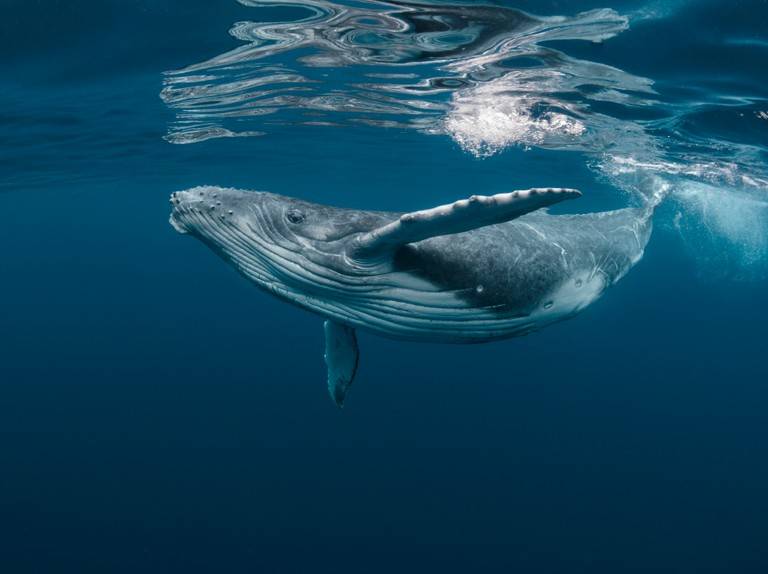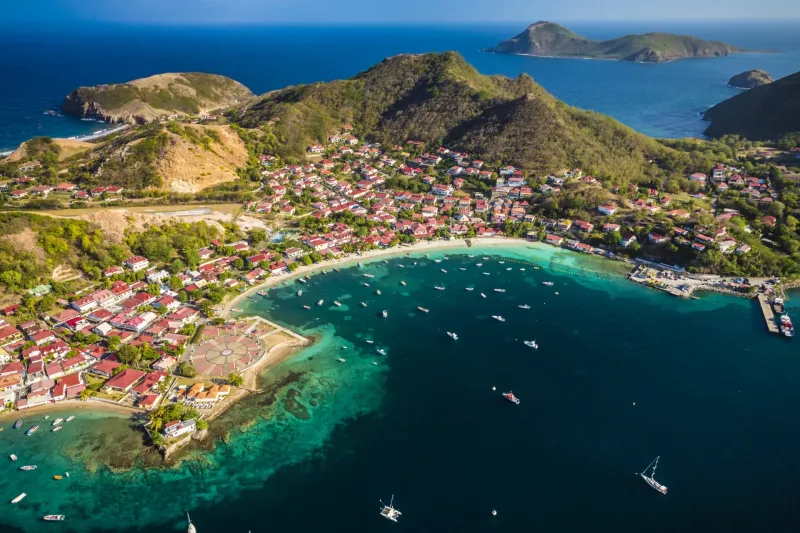According to the Guardian, only 1,500 humpback whales were still alive during the peak of the commercial whaling industry. However, Australia's environment minister, Sussan Ley, declared this week that the species would no longer be listed as endangered.
"Our decision to remove the humpback whale from the threatened species list was founded on science, and it sends a clear message about what can be accomplished via unified action," Ley told the independent news organization. "It's a message of hope for a variety of species' survival."
Before 1963, when whaling operations halted processing humpback whales, more than 30,000 humpback whales were hunted and slaughtered in Australia and New Zealand, according to the Guardian. The animals received international protection in 1965 as global population numbers drastically declined. Australia passed an anti-whaling policy in 1979, and the Guardian reports there are now as many as 40,000 individuals alive in the wild.
Before 1963, when whaling operations halted processing humpback whales, more than 30,000 humpback whales were hunted and slaughtered in Australia and New Zealand, according to the Guardian. In 1965, the animals were granted worldwide protection as global population numbers plummeted. In 1979, Australia implemented an anti-whaling law, and according to the Guardian, there are currently as many as 40,000 whales left in the wild.
A Whale Story
Despite gains in Australia, some conservationists are concerned that if climate change increases, whale populations could drop again. According to ABC News, Vanessa Pirotta, a marine biologist at Macquarie University, said the de-listing doesn't imply there aren't risk factors. Global whale populations are still threatened by net entanglements, fishing boats, pollution, and other human influences.
"It's a sour situation because you’ve got a recovering whale population, which is a great thing, but also we should be cautiously optimistic as well as to adhere to monitoring this population in the future,” Pirotta said.
It’s always unnerving to think about potential future impacts of climate change, but at least for now the humpback whale is thriving in the ocean.




